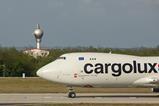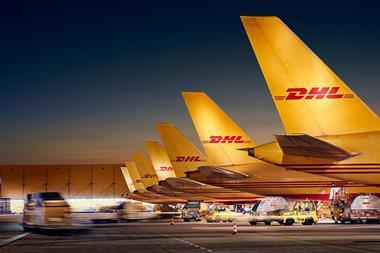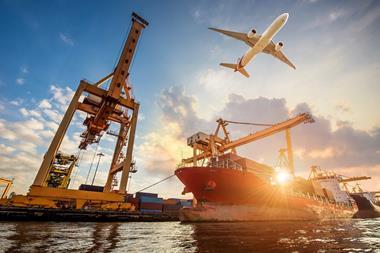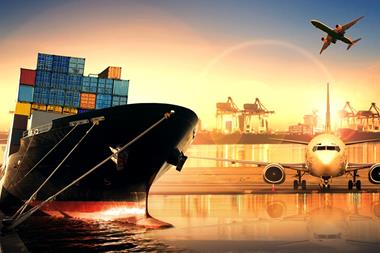
Source: Air Cargo News
Despite increasing regulatory hurdles, e-commerce will continue to be a growth market for air cargo thanks to emerging markets and ongoing consumer demand.
During a discussion at the IATA World Cargo Symposium, Ludwig Hausmann, senior partner, McKinsey & Company asked panellists whether e-commerce would increase its air cargo market share of around 20-30% today by 2030.
All panel members said they expected the market share to increase despite recent moves in the US to end the de minimis exemption for parcels from China and other countries also looking to implement restrictions.
Richard Broekman, chief commercial officer and head of sustainability, Atlas Air, said that there were still plenty of growth opportunities for e-commerce in emerging markets.
“Out of China e-commerce has been massive and now involves around 50% of China outbound flows.
“The US is a very important market and a lot of disruption is now coming but at the same time, these e-commerce companies supply the entire world.
“The US is a really important market but there is an entire world where there is a lot of growth still to be had.”
Broekman added that it was likely that e-commerce import regulations would have become stricter in the future as the current loopholes are closed and the industry should still be relevant if “reasonable” tariffs are added.
However, possible tariffs of 145% would likely heap the pressure on e-commerce players. He added the key for airlines was to make sure they had a diversified business portfolio, while e-commerce players that are better at managing data would be better able to adapt to changing regulatory requirements.
Nadeem Sultan, senior vice president of cargo planning and freighters, Emirates SkyCargo, agreed that tariffs of 20-30% could be handled by e-commerce players given the average value of their shipments to the US is less than $20.
He added that e-commerce had become a lifestyle choice and required air cargo to meet consumers’ delivery expectations.
“If anything, people want [products] quicker and future generations are not going to be more patient than the current ones are… maybe with some of these current situations that are going on we may see some change in flows and we may see for some products a bit more nearshoring.
“But the key thing is that the average shelf life of a product is much shorter than it was a decade ago so if something is a hit today, you can’t wait for a month for a ship to arrive in Europe.
“It needs to get to the market in days, otherwise that craze or that hype will be gone, so speed will always be of the essence and e-commerce is here to stay.”
Kendy Choi, director, commercial and partnership regional hub services, Cainiao, added that e-commerce platforms were already adjusting and targeting new markets as the process can take some time.
“The e-commerce platforms are already starting to position themselves into other markets,” she said. ”It will take time, it won’t take a lot of time, but they have to take over a local player and think how they will differentiate themselves through different product offerings, and superior logistics, and then how will they go about [achieving] that.”
Ali Faddis, aviation safety and operations, Amazon Air Cargo, added that it would focus on its customers’ needs in response to market changes.
“Amazon is monitoring the situation and working to assess the impact on our lines of business,” she said.
“I think what is most important for us is that we are continuing to focus on our customers, both our Amazon traditional customers and our external air cargo customers, and figuring out how to innovate on their behalf.
“We need to be flexible for our customers, we also need to be flexible as a business and figure out how to serve them the best way.”

















